Carmine
Synonym(s):Alum lake of carminic acid;Carmine (C.I. 75470);Cochineal;Nacarat;Natural Red 4
- CAS NO.:1390-65-4
- Empirical Formula: C22H20O13
- Molecular Weight: 492.39
- MDL number: MFCD00167028
- EINECS: 215-724-4
- SAFETY DATA SHEET (SDS)
- Update Date: 2024-11-19 23:02:33
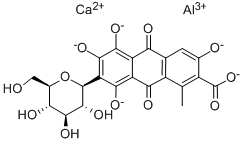
What is Carmine?
Chemical properties
red powder
Chemical properties
Carmine is the aluminum or calcium-aluminum lake, on an aluminum hydroxide substrate, obtained by an aqueous extraction of the dried female insects of Dactylopius coccus Costa, enclosing young larvae. The primary source of the raw material is from the Canary Islands and parts of South America. The coloring principle derived from carmine chiefly consists of carminic acid (C22H20O13).
Physical properties
Carmine occurs as bright red, friable pieces or as a dark red powder. It is soluble in alkali solutions, slightly soluble in hot water and practically insoluble in cold water and in dilute acids. CARMINE
The Uses of Carmine
carmine is a crimson pigment. This is the aluminum lake of the coloring agent cochineal, a natural pigment derived from the dried female insect Coccus cacti. Carmine may cause allergic reactions.
The Uses of Carmine
Carmine is the red colorant aluminum lake of carminic acid which is the coloring pigment obtained from dried bodies of the female insect coccus cacti. it is brilliant red to purplish in color, having a low tinctorial strength, and can be solubilized in ammonia. it is used in a pink color in coatings.
The Uses of Carmine
Carmine [CAS: 1390-65-4] is the trade name for the aluminum lake of the red anthraquinone dye carminic acid obtained from the cochineal bug. The dye is obtained from the powdery form of cochineal by extraction with hot water, the extracts treated with aluminum salts, and the dye precipitated from the solution by the addition of ethanol. This water-soluble bright red dye is used for coloring shrimp, pork sausages, pharmaceuticals, and cosmetics. It is the only animal-derived dye approved as a colorant for foods and other products.
What are the applications of Application
Carmine is a pigment of a bright red color obtained from carminic acid
Essential oil composition
The kibble consists of high concentrations of fermentable sugars (glucose, fructose, sucrose and maltose), as well as protein, pectin, cellulose, hemicellulose and polyphenols. The technical value within the seed endosperm is chemically defined as a neutral galactomannan, a high molecular weight hydrocolloid polysaccharide (polymer). The galactomannan polymer is composed of a 1,4-linked β-D-mannopyranosyl (mannose, 73 to 86% of molecule) units with single-side chains of α-Dgalactopyranosyl (galactose, 14 to 27% of molecule) units irregularly attached to every fourth or fifth mannopyranosyl unit by 1,6-glycosidic linkages to the polymer.
General Description
Carmine (C.I. 75470) (calcium-aluminium lacquer of carminic acid) for microscopy Certistain?, is a dry dye that is used for the preparation of a staining solution for staining nuclei and for demonstration of glycogen in histological sections of human origin. As a Certistain? dye it is chemically quality-certified according to highest standards and strict specifications. As an IVD product and CE registered, it can be used hassle-free in diagnostics and laboratory accreditations. For more details, please see instructions for use (IFU). The IFU can be downloaded from this webpage.
Flammability and Explosibility
Not classified
Safety Profile
When heated to decomposition it emits acrid smoke and irritating fumes.
Properties of Carmine
| Melting point: | 138–140℃ (darkens) |
| Density | > 1.0 |
| vapor pressure | 0.02Pa at 90℃ |
| FEMA | 2242 | CARMINE (COCCUS CACTI L.) |
| storage temp. | room temp |
| solubility | ammonium hydroxide: soluble1mg/mL |
| form | powder |
| Colour Index | 75470 |
| color | red |
| Odor | odorless |
| Water Solubility | Negligible |
| λmax | 531nm, 563nm |
| Merck | 14,1843 |
| Stability: | Stable. Incompatible with strong oxidizing agents. |
| Biological Applications | Drug delivery products; preventing coronary artery disease; cancer chemopreventive activity; lipid metabolism; treating Alzheimer’s disease; soaps; whitening teeth; in food products; pharmaceuticals; cosmetics; medical devices |
Safety information for Carmine
Computed Descriptors for Carmine
Abamectin manufacturer
Pallav Chemicals And Solvents Pvt Ltd
New Products
4-Aminotetrahydropyran-4-carbonitrile Hydrochloride (R)-3-Aminobutanenitrile Hydrochloride 4-AMINO-TETRAHYDRO-PYRAN-4-CARBOXYLIC ACID HCL 4-(Dimethylamino)tetrahydro-2H-pyran-4-carbonitrile 3-((Dimethylamino)methyl)-5-methylhexan-2-one oxalate 1,4-Dioxa-8-azaspiro[4.5]decane 5-Bromo-2-nitropyridine Nimesulide BP Aceclofenac IP/BP/EP Diclofenac Sodium IP/BP/EP/USP Mefenamic Acid IP/BP/EP/USP Ornidazole IP Diclofenac Potassium SODIUM AAS SOLUTION ZINC AAS SOLUTION BUFFER SOLUTION PH 10.0(BORATE) GOOCH CRUCIBLE SINTERED AQUANIL 5 BERYLLIUM AAS SOLUTION 2-Bromo-1-(bromomethyl)-3-chloro-5-nitrobenzene 2-Bromo-3-nitroaniline N-(3-Hydroxypropyl)-N-methylacetamide 3-Bromo-6-chloropyridazine 4-ethyl-3-nitrobenzoic acidRelated products of tetrahydrofuran
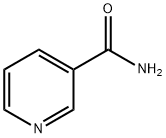
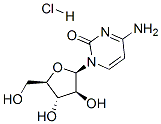
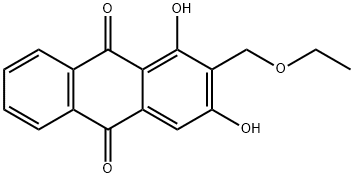
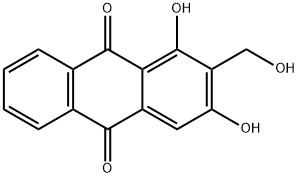
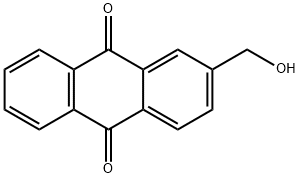
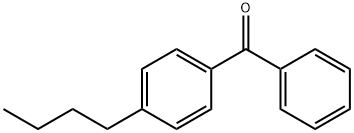
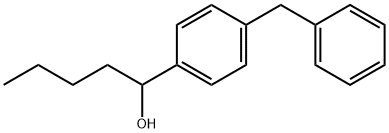
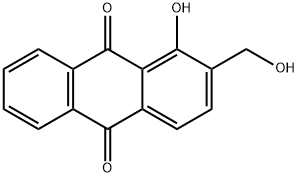
You may like
-
 Carmine CAS 1390-65-4View Details
Carmine CAS 1390-65-4View Details
1390-65-4 -
 Aceto carmine CAS 1390-65-4View Details
Aceto carmine CAS 1390-65-4View Details
1390-65-4 -
 Carmine CAS 1390-65-4View Details
Carmine CAS 1390-65-4View Details
1390-65-4 -
 Carmine CAS 1390-65-4View Details
Carmine CAS 1390-65-4View Details
1390-65-4 -
 Carmine CAS 1390-65-4View Details
Carmine CAS 1390-65-4View Details
1390-65-4 -
 Carmine CAS 1390-65-4View Details
Carmine CAS 1390-65-4View Details
1390-65-4 -
 Carmine 95% CAS 1390-65-4View Details
Carmine 95% CAS 1390-65-4View Details
1390-65-4 -
 CARMINE For Microscopy CAS 1390-65-4View Details
CARMINE For Microscopy CAS 1390-65-4View Details
1390-65-4